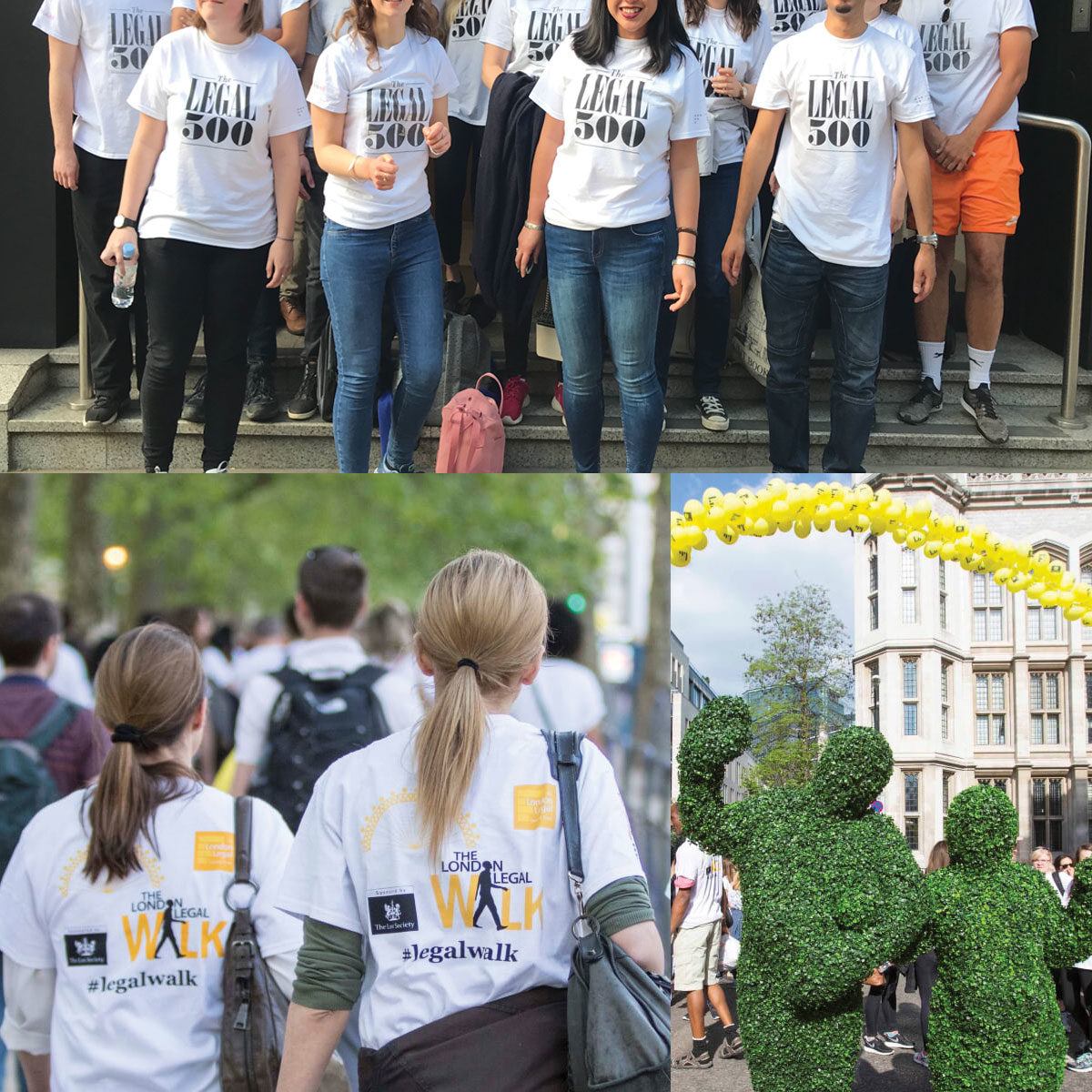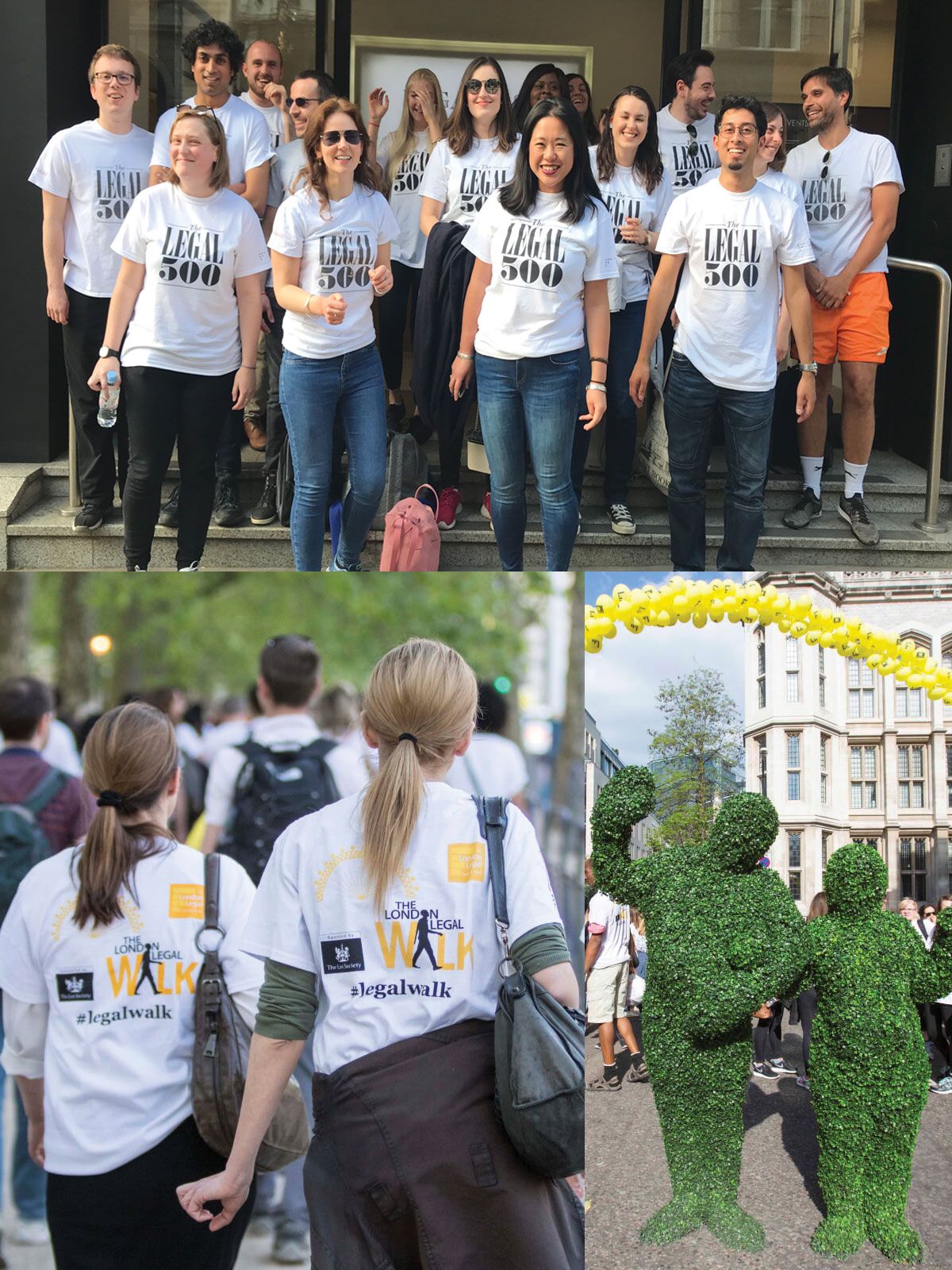Access to justice is a basic principle of the rule of law; it is a right, not a privilege. However, the effects of legal aid cuts combined with local authority cuts have had a significant effect on the availability and accessibility of free legal advice, meaning that the most vulnerable people cannot access the help they need.
While many of the high street firms and not-for-profit sector organisations that provided legal aid have now closed, the need for free legal advice has soared. Recent research by Refugee Action found that between 2005 and 2018, 56% of all legal aid providers were lost, and the proportion of not-for-profit advice providers fell by a staggering 64% over the same period. Further statistics suggest that the number of legal aid firms in the South West has fallen over six years from 327 in 2011/2012, to 197 in 2017/2018, creating ‘advice deserts’.
The lack of accessible advice is hardly surprising when you consider the depth of the cuts, yet the knock on effects cannot be ignored. The ‘bedroom tax’, bureaucratic complexities of the welfare system, and decimation of early advice has left many vulnerable people across the UK without any clear guidelines on how to resolve issues, or any help to challenge injustices when things go wrong.
This in turn leads to increased demand on local authorities. A relatively straightforward employment issue that could have been resolved with a 30-minute advice session, could quickly escalate into debt, homelessness, and untold number of other issues if left unchecked. The financial cost of this on the local authority is high; the emotional and financial cost on the individual is higher still.
In the current climate, where legal advice appears to be a remote luxury to a vast number of people, the comparatively few specialist free legal advice organisations face immense pressure. Frequently, they are the final safety net for individuals who have been let down elsewhere. In recent years, advice agencies have been the voice for thousands; supporting the Windrush generation, fighting for the families of Grenfell, and taking on injustices faced by countless individuals across the country.
However, high level of demand for their services, low hourly legal aid rates, an increasingly bureaucratic system, and a lack of long-term funding make for a difficult operational environment, not to mention the challenges of recruiting social welfare practitioners, and the wellbeing of over-worked staff. The organisations are having to fight for vital funds simply to keep doors open.
Nezahat Cihan, CEO of the London Legal Support Trust (LLST) states: ‘They also have to fire-fight for vital funds to keep their doors open. As a small grant-making organisation raising its funds through sponsored events, we are faced with increased demand for funding, particularly emergency funding to keep the doors open.’
LLST is an independent charity that raises funds for free legal advice services in London and the South East. We are preparing for the 15th annual London Legal Walk – the biggest and most popular fundraising event in the legal calendar. An overwhelming number of people show their support and the fight for access to justice at this fundraiser; in 2018, a record-breaking 13,000 people participated in the 10km Central London walk, raising an incredible £830,000 for access to justice. Participants from across the legal community and beyond are involved: from senior judges to court staff, solicitors to barristers, paralegal’s to legal support staff, in-house lawyers and law students.
Thanks to the legal community’s support and participation, LLST are able to support over 100 organisations each year, helping provide more specialist free legal advice to those in need. One of the centres supported by Legal Walk funds said: ‘We have been able to maintain and expand our pro bono services to local people, as well as to retain vital front line support for people experiencing injustice, discrimination, and poverty. Your funds have helped our clients to achieve long term, sustainable changes in their lives, and this is vital as we are often the only agency able to assist them.’
The amazing achievements of these agencies more than demonstrate their value to society; law centres, Citizens Advice, and other specialist advice centres are supporting thousands of vulnerable clients every day across the country. These agencies work tirelessly to support their local communities, regardless of whether they have a legal aid contract or not, and the value of their work is unparalleled. In the age of restricted access to justice, lack of funding, and decimated legal aid, the advice agencies are providing a beacon of hope to those who have nowhere else to turn.
The London Legal Walk takes place on Monday 17th June 2019. If your organisation wants to join, visit the link to sign up your team, and help fundraise for access to justice.

